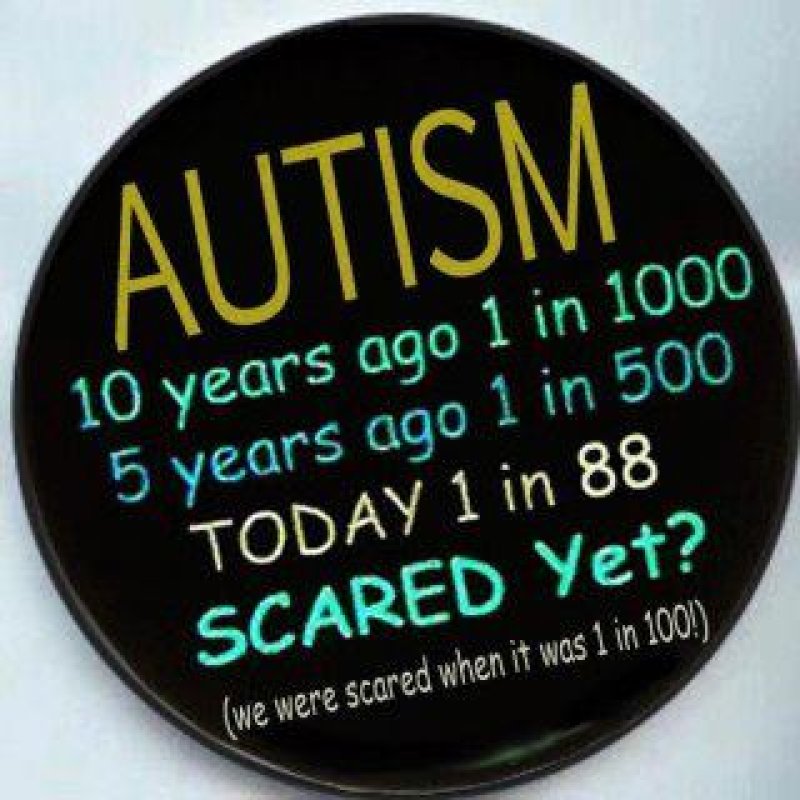The GLP aggregated and excerpted this blog/article to reflect the diversity of news, opinion and analysis.
Fifteen years ago, Steve Silberman was working as a journalist for Wired magazine in San Francisco, as the digital revolution was really taking off. He was sitting in a cafe, telling a friend how he’d recently met two Silicon Valley power couples, each with a profoundly autistic child, when a teacher at the next table overheard and butted in: “There’s an epidemic of autism in Silicon Valley. Something terrible is happening to our children.” Silberman’s story on the topic, The Geek Syndrome, was published by Wired in 2001.
Is, or was there, an “epidemic of autism” in Silicon Valley? It’s widely known, as Silberman says, that autism spectrum traits are “not exactly under-represented” among computer geeks. It’s also well established that autism is genetically inheritable, though not in any straightforward way. And it’s true that more people today have autism diagnoses than used to be the case. For decades, the estimated prevalence was four or five in every 10,000. Now, it’s about one in 68.
In The Geek Syndrome, Silberman explored several potential explanations for the shift. One theory was that autism really was increasing because of assortative mating: geeks like other geeks, so they get together and have children. Another was that autism only appeared to be increasing, because autistic behaviour was now better recognised and understood. A third was that autism was new, and caused by a poison in the environment.
Read full, original post: The man who wants us to embrace autism































